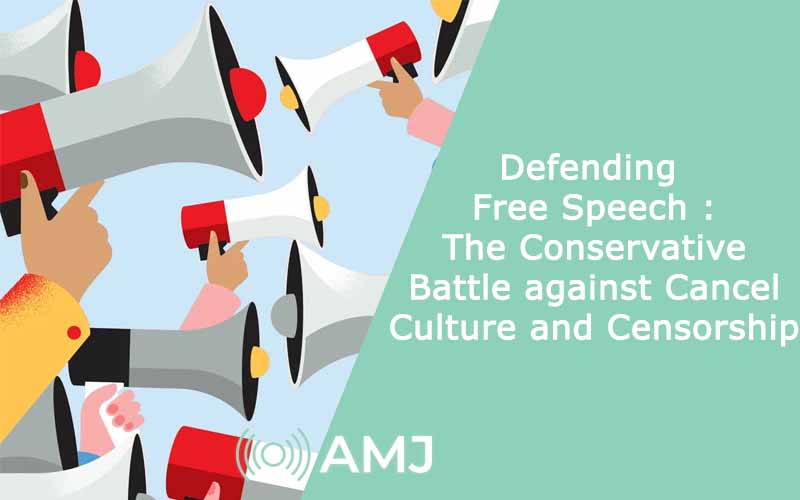




In a society where opposing ideologies clash, the rise of 'anti-woke' politics has become a prominent force. This movement, which challenges left-wing ideologies and criticizes the perceived influence of corporations in enforcing a 'woke agenda', has gained traction in recent years. Political figures like Saul Anuzis and Ted Cruz have voiced their concerns about the dominance of woke politics and the alignment of major companies with left-wing agendas [af81f624] [ff762097]. They argue that America is a center-right nation and advocate for freedom, liberty, and tolerance. The influence of corporations in promoting a 'woke agenda' has faced criticism from both politicians and the public. Bud Light's partnership with a transgender celebrity, for instance, led to backlash and a decline in sales, illustrating the potential impact of corporate decisions on financial performance [ff762097] [fc87a200].
However, the battle for academic freedom has also emerged as a critical issue in the face of 'woke-ism'. Frances Widdowson, in her article, highlights the threat that 'woke-ism' poses to academic freedom, using the example of a canceled talk at the University of Lethbridge [07121da1]. 'Woke-ism' is defined as a form of identity politics that has become totalitarian, demanding affirmation and celebration of oppressed identities. Widdowson argues that this ideology undermines open inquiry and critical thinking in universities, as it prioritizes advocacy over the search for objective truth. The author also points out how 'woke-ism' obstructs critical discussions on topics such as trans activism and the unmarked graves at former Indigenous residential schools. To combat this threat, Widdowson calls for a broad coalition to oppose 'woke-ism' and protect freedom of expression.
The clash between 'anti-woke' politics and 'woke-ism' reflects a larger battle for the soul of American populism. John G. Horton's article delves into the historical roots of 'wokeness' in American culture and politics [6ef2bab4]. It explores the denigration of left populism, which focuses on issues like corporate greed, progressive taxation, and affordable healthcare. The article examines the shift in Barack Obama's rhetoric and the rise of right populism, which emphasizes ethno-nationalism and cultural war against 'wokeness'. Horton criticizes corporate-backed neoliberals for failing to distinguish between left and right populism, delegitimizing both. He connects right populism to the southernization of the United States and the preservation of white Christian values. The article argues for the revival of authentic left populism, which seeks to unite workers of all cultural groups to challenge corporate power and create a more equitable society.
The battle for academic freedom and the clash between 'anti-woke' politics and 'woke-ism' are shaping the political landscape and public discourse in the United States. The tension between left-wing ideologies and their opposition, as well as the role of corporations in politics, have become significant topics of discussion. As the fight for the soul of American populism continues, the need to protect academic freedom and challenge the influence of 'woke-ism' and corporate agendas remains paramount.
Conservatives are on the front lines of the battle for free speech, facing 'cancel culture' and censorship. Cancel culture has been used to suppress conservative viewpoints and silence dissenting opinions. Censorship by tech giants in the digital space disproportionately targets conservative voices, undermining the marketplace of ideas. 'Cancel culture' and censorship are perpetuated by individuals with a manipulative nature who weaponize accusations and misinformation. Defending free speech is crucial to countering these tactics and preserving a vibrant and healthy society. It is a fight to preserve democracy and uphold the principles of liberty and pluralism. Conservatives stand as guardians of liberty, ensuring the marketplace of ideas remains open to all. [13e51931]